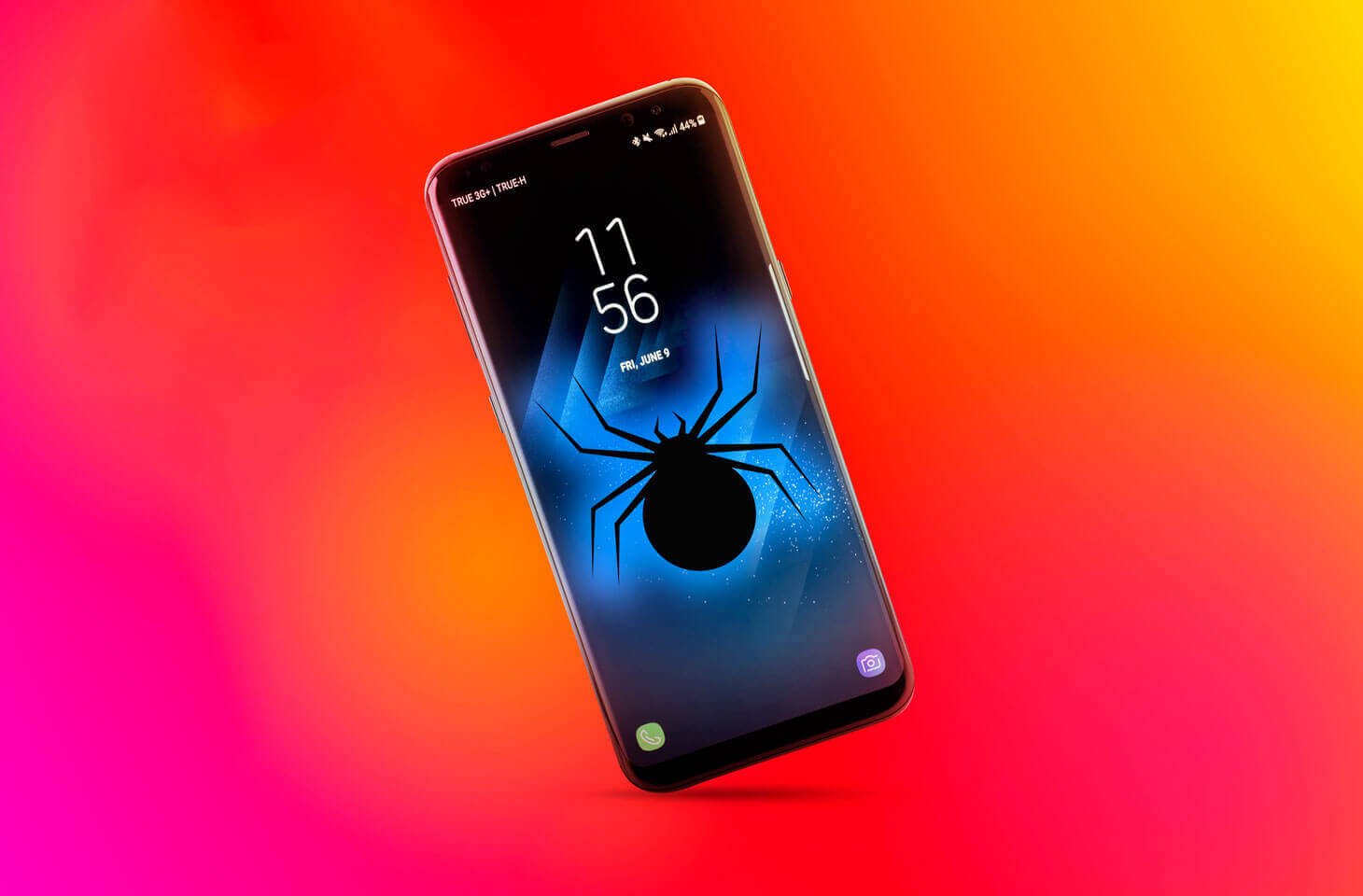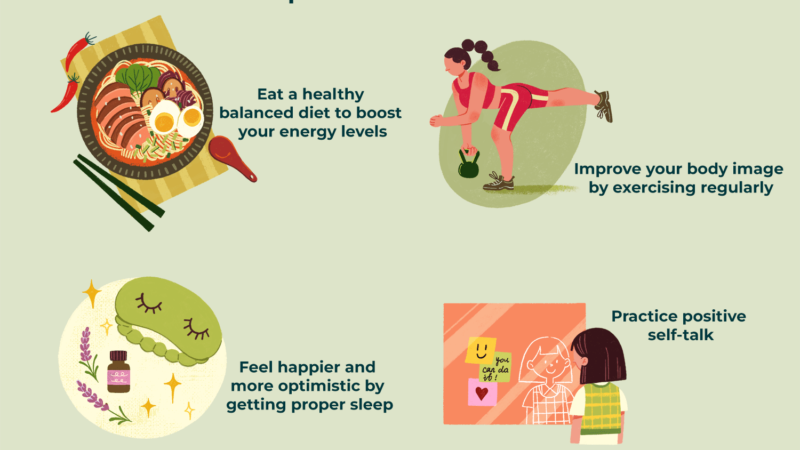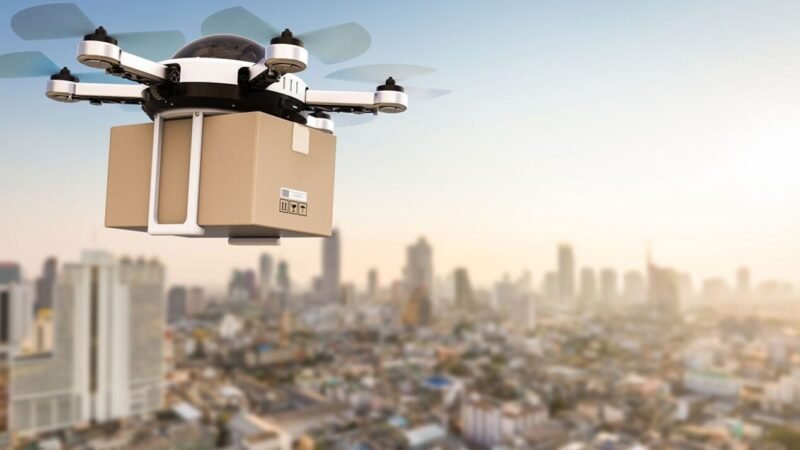stalkerware

What is “stalkerware”, the dangerous software that allows you to spy on your partner and that is increasingly used
Amy says it all started because her husband seemed to know intimate details about his friends.
“He used to blurt out things when we were chatting, like knowing that Sarah had a baby. Really private stuff that I shouldn’t have known.”
“If I asked him how he knew those things, he would tell me that I had told him and accused me of losing my mind,” he says.
Amy (not her real name) also began to wonder why her husband knew where she was at all times.
12 years harassed on the internet: “It was terrifying, he controlled every part of my life”
“Sometimes he would say that he had seen me in a café with my friends and that he had passed by by chance. I began to question everything and not trust anyone, not even my friends.”
You may also be interested
- How women around the world are using technology to end street harassment
- Covid: the children who have only seen their classmates by Zoom
- How science explains that parents forget their children in the car (and what to do to avoid it)
“As a black woman in the field of science I have been used to take pictures” – Cynthia Chapple End of You may also like For months, these types of incidents escalated, turning what was already an abusive marriage into a nightmare that came to a chilling end after a family Halloween trip.
“Daily Report”
“We had visited a pumpkin patch and were rarely having a good weekend, which basically means my husband hadn’t taken it out on me. Our 6-year-old son was playing on the floor and was very happy,” she recalls. Amy.
“My husband handed me his phone to show me a photo he had taken on the farm and in that split second I saw an alert appear on his screen. It said, ‘Daily report on Amy’s Mac is ready.'”
“I felt a chill go through me and I stopped breathing for a minute. I had to apologize and pretend I needed to go to the bathroom. I had to be there for my son and pretend I hadn’t seen anything.”
“As soon as I could, I went to the library to use the computer and look up the spyware he had used. That’s when it all made sense after months of thinking I was going crazy.”
Stalkerware , also known as spouseware , are powerful surveillance software programs that are often sold openly on the Internet.
Get access to a device to read all messages, record screen activity, track GPS locations and use cameras to spy on what an individual is doing.
According to the cybersecurity company Kaspersky, the number of people who discovered this class of software on their devices increased by at least 35% in the last year.
Kaspersky researchers say their protection technologies have detected stalkerware on 37,532 devices so far this year.
And lead security researcher David Emm says this is the ” tip of a very large iceberg .”
“Most people will routinely protect a laptop or desktop computer, not many people actually protect a mobile device,” he says.
Abusers use victims’ fingerprints to access phones and install software.
“This information comes from installs of our product [on smartphones]…so this number isn’t even close to what the total would be.”
Kaspersky’s findings indicate that Russia is the country with the highest levels of stalkerware activity . It is followed by India, Brazil, the United States and Germany.
How to protect yourself?
Another security company says there are practical steps people can take if they suspect they’re being spied on.
“It’s always wise to check what apps are on your phone and run a virus scan when necessary, and if there are any apps on your device that you don’t recognise, it’s worth looking online and removing them if necessary,” says Jake. Moore of the Eset company.
Once Amy realized that her computer had been compromised, she developed a deep mistrust of technology, which she is only now overcoming.
Charities say this is a common psychological response to trauma like that.
Jessica is another victim of stalkerware . Her ex-husband routinely spied on her through the microphone of her phone and played mind games with her by repeating specific phrases that she and her friends had used in private conversations.
It’s been years since he ran away from that relationship, but he still leaves his phone in the car when he goes to see his friends.
impact for life
Gemma Toynton, of the British domestic abuse organization Safer Places, says she sees this long-term effect in many of the cases she sees.
“It lowers someone’s confidence,” he explains. “It makes them see a phone or a laptop as a weapon, because that’s what it’s been used for.”
Harassed by those who least suspected: “I told him my most intimate fears and he used them against me”
“Technology has become, in their minds, a network around them and a lot of people stop using the internet.”
“It really impacts your whole life. The fact that this stalkerware is on the rise is a real concern.”
Amy is now divorced and lives many miles away from her ex-husband.
He has a restraining order that prevents him from direct contact with her and he is legally allowed to communicate the logistics of caring for his son only by letter.
Amy says more needs to be done to legislate against the use of these technologies. “They need to stop hiding behind plausible deniability,” she says.
“There’s a wink when companies send out this little notice that says, ‘We don’t condone spying on wives.’ Yet they know what their customers are doing. This software does real harm.”
Remember that you can receive notifications from BBC News Mundo. Download the new version of our app and activate it so you don’t miss out on our best content.






